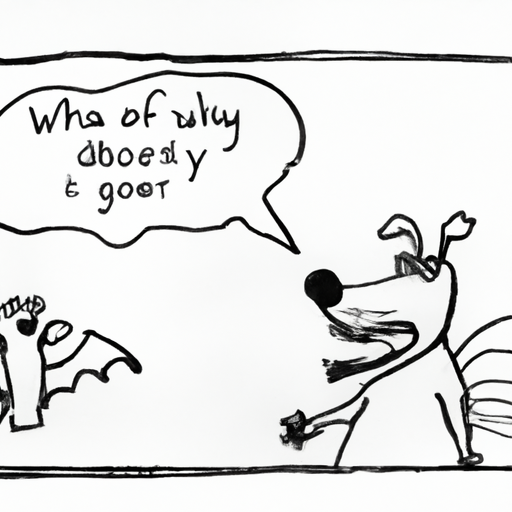Understanding Your Canine’s Dental Health
Just like us humans, your four-legged friends have two sets of teeth during their lifetime. The baby teeth, or deciduous teeth, fall out to make space for permanent adult teeth. But if your adult dog is losing teeth, it might be a cause for concern. Let’s dive into the world of canine dentistry and find out why your dog may be losing its teeth.
The Life Cycle of a Dog’s Teeth
Your dog’s teeth have a life cycle, too. Here’s how it generally goes:
- Deciduous Teeth: Puppies are born with no teeth. Their milk teeth start appearing when they are about 3-4 weeks old.
-
Adult Teeth: At around four months, the baby teeth start to fall out, and the permanent adult teeth begin to grow in.
-
Incisors: The small teeth at the front of the mouth are the first to come in and the first to fall out.
- Canines: These are the sharp, pointed teeth that dogs use to tear apart their food.
- Premolars and Molars: These are the larger teeth located towards the back of the mouth, used for crushing and grinding food.
Common Dental Problems in Dogs
Sometimes, your dog’s teeth might fall out due to certain dental problems. These might include:
-
Periodontal Disease: This is the most common dental issue in dogs, affecting 80% of dogs by age two. It starts with the build-up of plaque and tartar, leading to inflamed gums, bad breath, and eventually, loss of teeth.
-
Trauma: Accidents or injuries can cause a tooth to loosen and fall out.
-
Malocclusion: This means that your dog’s teeth are not aligning properly, which can cause some teeth to fall out.
| Dental Problem | Symptoms | Treatment |
|---|---|---|
| Periodontal Disease | Bad breath, loss of appetite, inflamed gums | Regular cleaning, possible extraction |
| Trauma | Blood, visible injury, loss of tooth | Visit to the vet |
| Malocclusion | Difficulty eating, misaligned teeth, loss of tooth | Orthodontic solutions, possible extraction |
Taking Care of Your Dog’s Teeth
As a caregiver, there are a number of steps you can take to ensure your dog’s oral health.
- Regular Brushing: Brush your dog’s teeth regularly using a dog-friendly toothbrush and toothpaste.
- Regular Vet Visits: Schedule regular dental check-ups with your vet.
- Healthy Diet: Provide your dog with a balanced diet and avoid giving them overly hard or sticky foods.
- Dental Toys: Provide chew toys that are designed to help keep their teeth clean and healthy.
Frequently Asked Questions
Q: When should I start brushing my dog’s teeth?
A: As soon as your puppy’s teeth start coming in, you should start brushing them.
Q: How often should I brush my dog’s teeth?
A: Ideally, you should brush your dog’s teeth daily. But even a few times a week can make a big difference.
Q: What should I do if my adult dog loses a tooth?
A: If your adult dog loses a tooth, you should take them to the vet immediately. It could be a sign of dental disease or trauma.
Q: Can my dog’s teeth grow back?
A: Unlike sharks, dogs do not continuously grow new teeth. If an adult tooth falls out, it will not grow back.
Remember, your dog can’t tell you when they’re experiencing dental pain. As their caregiver, it’s up to you to take the best care of their dental health.



